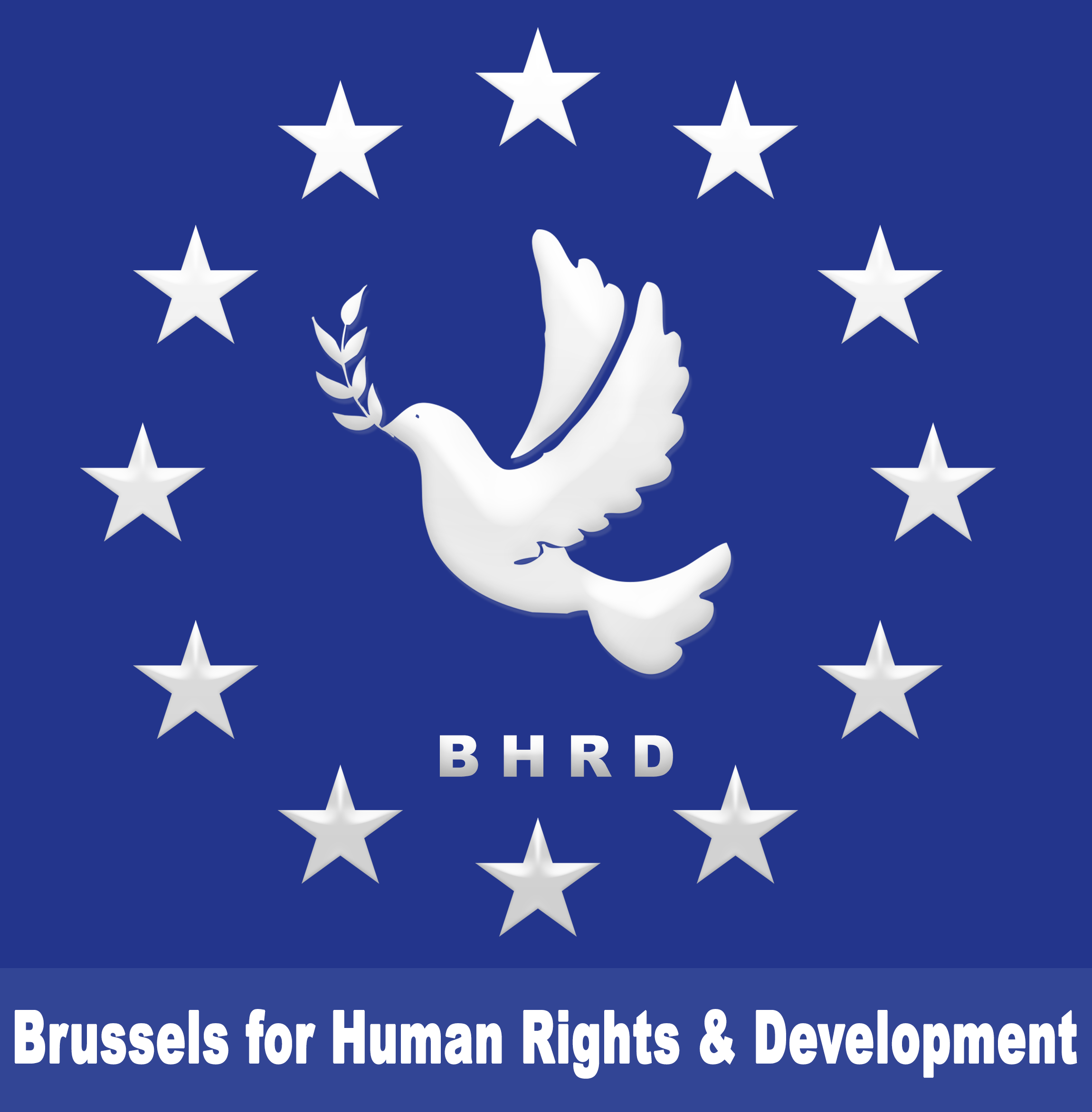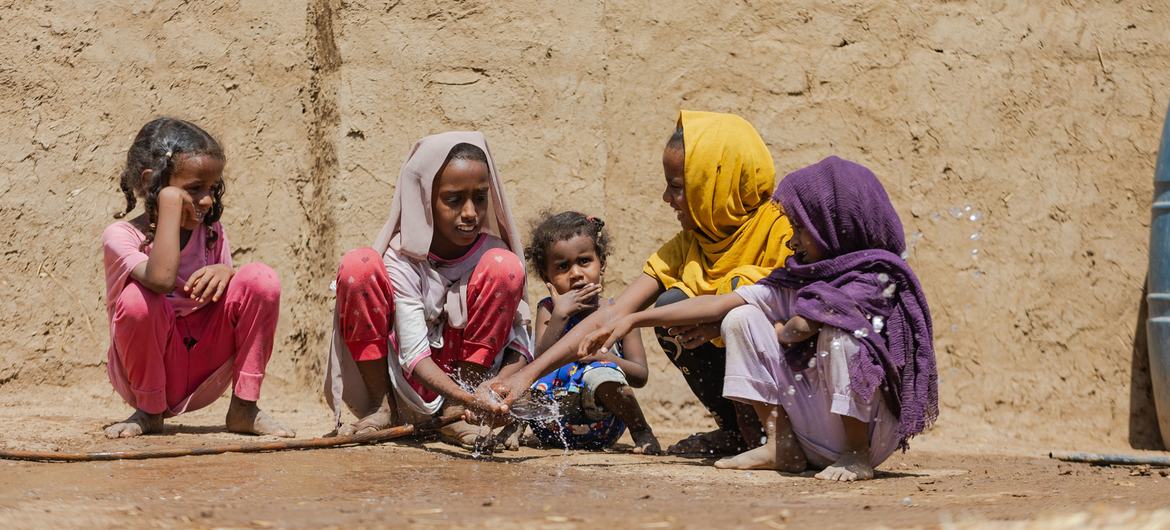July 15, 2024 – Humanitarian Aid
The World Health Organization (WHO) has issued a stark warning about the worsening humanitarian crisis in South Sudan, now compounded by the conflict in neighboring Sudan. Twelve years after gaining independence, South Sudan’s ongoing challenges have been intensified by an influx of refugees fleeing the war between rival militaries in Sudan, with over 650,000 new arrivals since April 2023.
Currently, nearly six million people—46 percent of South Sudan’s population—are experiencing crisis levels of food insecurity, a figure projected to rise to approximately 7.1 million during the current lean season.
El Niño and Flooding Impact
The WHO report highlighted the severe impact of the 2023-24 El Niño weather phenomenon, which brought dry conditions, erratic rainfall, and poor harvests. Additionally, the 2020-23 La Niña event caused unprecedented year-round flooding, affecting new areas previously untouched by such disasters.
These climatic challenges, combined with ongoing violence, weak governance, poverty, and inadequate infrastructure, have created a complex humanitarian crisis, significantly hindering South Sudan’s development. An estimated 8.9 million people, particularly in flood and conflict-affected areas, have been impacted, with women, children, the elderly, and people with disabilities being the most vulnerable.
UNHCR’s Forced Displacement Survey
The UN refugee agency (UNHCR) released findings from its first-ever Forced Displacement Survey (FDS), conducted from April to December 2023, which covered around 3,100 households in South Sudan. The survey revealed dire conditions for both refugee and host communities, including limited access to services, high unemployment, lack of education, poor infrastructure, and overcrowded shelters.
Widespread Hunger and Economic Strain
Food insecurity is a significant issue, with 74 percent of households, both refugee and host, experiencing hunger in the past month. Over 40 percent reported a decline in income compared to the previous year. The influx of refugees from Sudan has exacerbated the strain on already volatile areas and overstretched services. Furthermore, the conflict has disrupted South Sudan’s economy by shutting down the main oil pipeline.
Marie-Helene Verney, UNHCR Representative in South Sudan, emphasized the need to link humanitarian aid with stabilization and development programs. “Substantive long-term investments are crucial to improving the wellbeing of refugees and the communities hosting them,” she said.
South Sudan currently hosts over 460,000 refugees from Sudan, the Democratic Republic of Congo (DRC), and Ethiopia. The ongoing conflict in Sudan is resulting in an additional 1,600 people arriving daily, including refugees and returnees. The FDS provides essential socioeconomic data on refugees and host communities to guide effective programming and policy, ensuring targeted assistance and bridging the humanitarian-development gap.
For more details, visit the original announcement.


 العربية
العربية